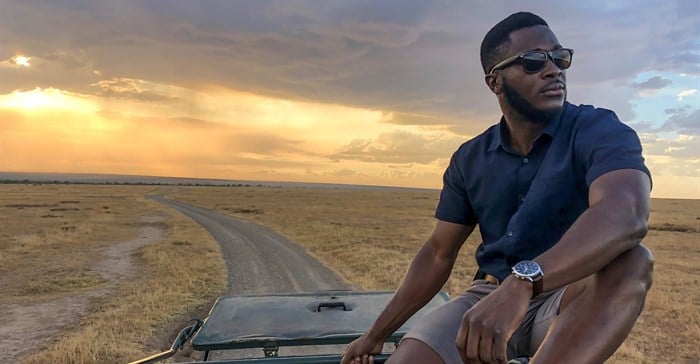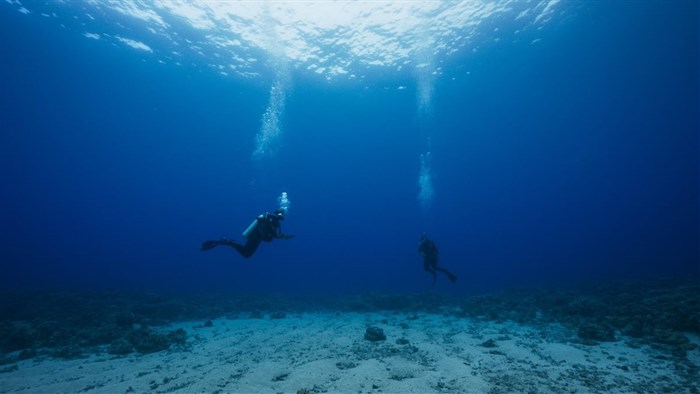
Top stories






LifestyleWhen to stop Googling and call the vet: Expert advice on pet allergies from dotsure.co.za
dotsure.co.za 2 days
More news




















A self-confessed thrill-seeker, Aryee has a fascination with how things work and finding a story to tell.
“I was always interested in how the world works and science and technology, and there was a TV show called Tomorrow’s World that inspired me when I was much younger,” he said. “I then followed the science route when I was at school, I loved science and biology.”
However, things don’t always go according to plan. Although he kept his love for science and exploration intact, Aryee realised that working in a lab wasn’t necessarily for him. Also having a love for performing on stage, he had one main question to answer: How does he combine these two passions?
And that’s how he started on his path to becoming a science TV presenter.
“It’s one of those jobs that’s one in a million, but I had this vision, nothing was going to stop me from going along this path and it ended up paying off,” he said. “I ended up working with the likes of Sir David Attenborough and Steve Backshall and then I got my big break to be on TV and the rest was history!”
Now, Aryee has embarked on the journey that takes biomimicry as the main means of investigating natural systems. Evolve seeks to see the way different forms of life have overcome challenges and the solutions nature has come up with.
Aryee refers to this as ‘nature’s blueprint’.
“Biomimicry is really relevant and topical to some of the challenges we’re going through today – sustainability and conservation, for example,” he said.
Now on the Africa leg, Aryee expressed that the series has done well in the US and the UK so far. “I’m glad that I finally get to have a show that I feel super-passionate about, that can inspire people about preserving the natural world and can introduce new ideas around innovation and how to create new businesses,” he said.
In plain terms, biomimicry is the design and production of materials, structures and systems that are modelled on biological entities and processes.
So, when we asked Aryee what his favourite discovery has been so far, this was a big question to answer.
“One that really caught my attention was learning about fungus or moss – specifically mycelium. The biggest organism living on the plant today – possibly ever – is a fungus, a network of mycelium in a forest in Oregon, in the US,” he said.

“This singular organism is kilometres long and wide. The mushrooms that we see in forests and that we eat, that’s just the top of the iceberg, just a tiny part of the whole fungus. The majority of the fungus lives underground, it has these threads that spread out into the soil and that’s how the fungus feeds.”
Aryee continued that researchers are now looking into how we can use mycelium fungus to create new types of bricks that are lighter and stronger - since the nature of the fungi they found is strength despite how pliable they are.
The bricks will leech less carbon dioxide into the air compared to concrete bricks - and you can create them from organic materials.
“Whether we’re thinking about new types of buildings on planet earth, or whether we’re thinking about how we’re going to create structures on the moon, or mars - if we’re going to become a space-faring civilization - what are we going to make our structures out of?” Aryee asked.
“We could use mycelium to create these fungus bricks. You can feed the mycelium plant matter and they’ll grow and then you can compress them and bake them and make these mushroom bricks.”
The aim of Evolve, according to Aryee, is to inspire minds and help people see the world differently.
“In this modern age a lot of things are presented as just binary, we can see and feel that in our politics and in our discourse. Many things in this world are not binary, there are so many different options and ways of thinking and looking at things,” he said.
Evolve is on Curiosity Channel, DStv 185, from 5 October, with episodes one and two showing back-to-back from 8pm.
